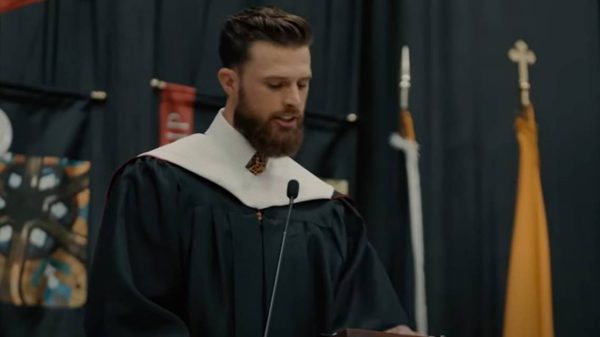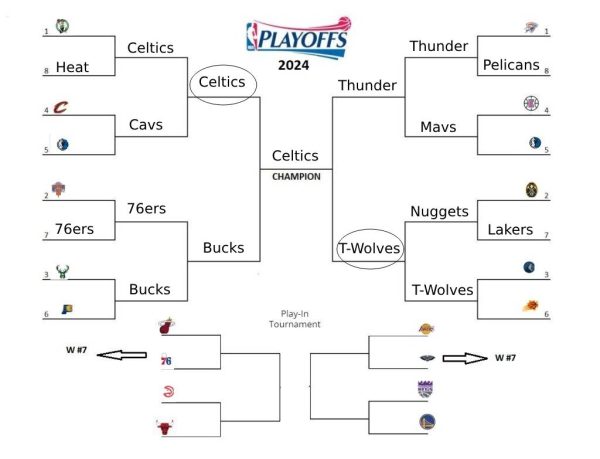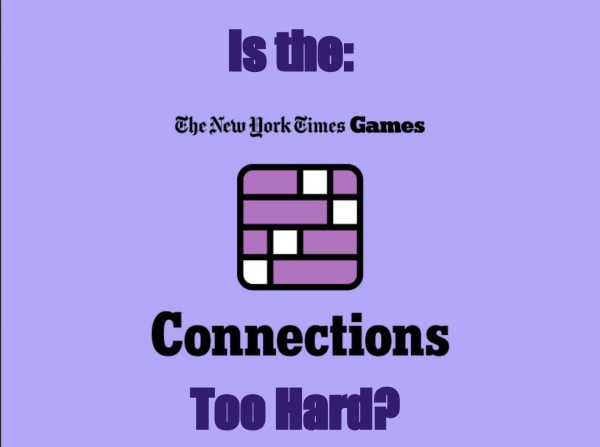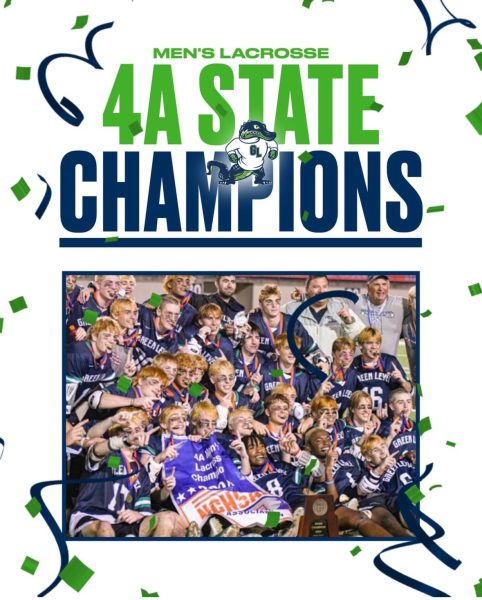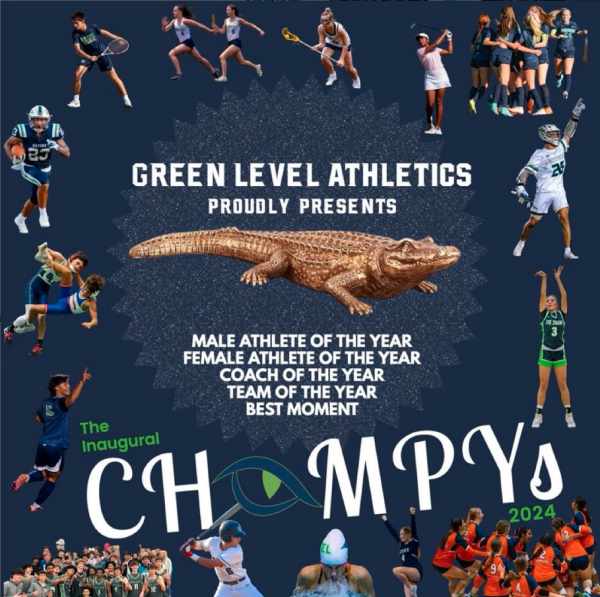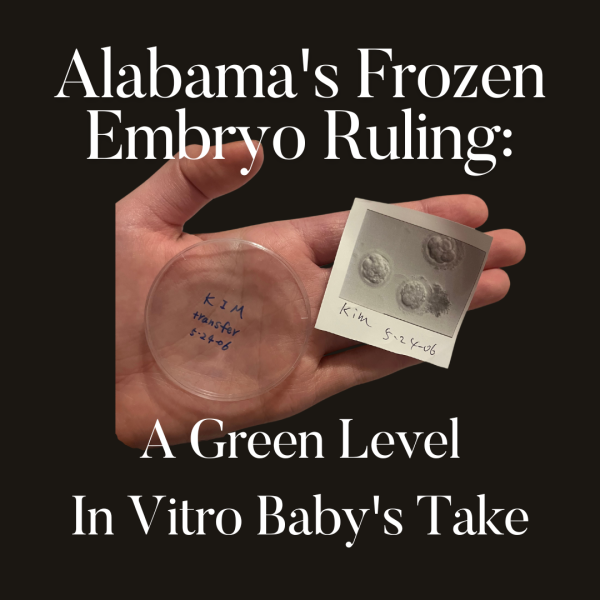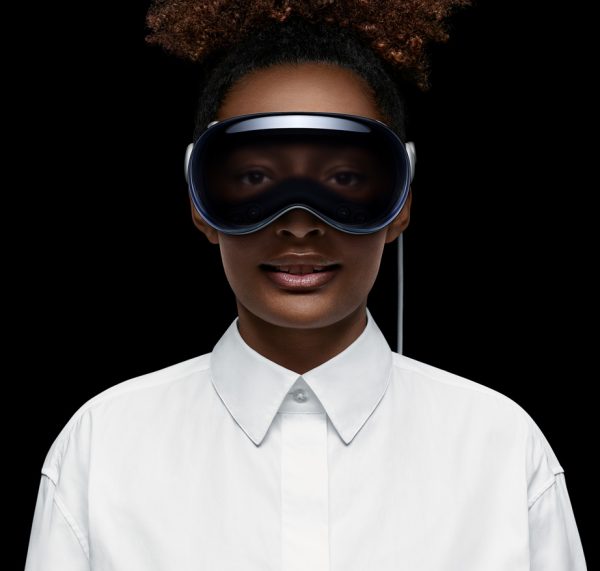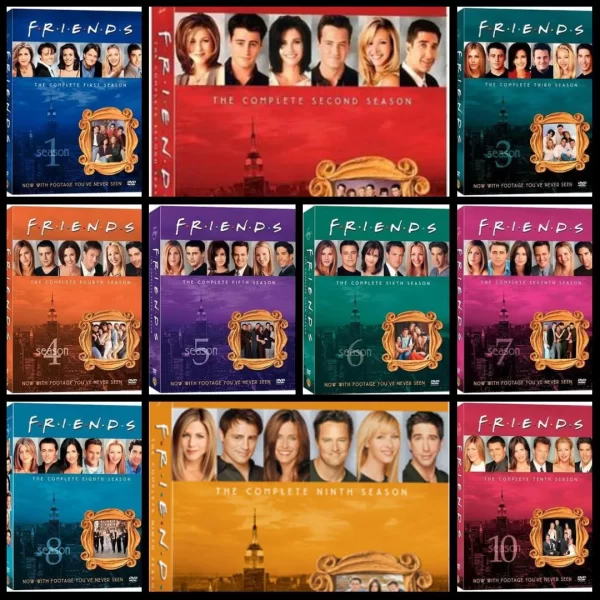Is Marvel Failing Women of Color?
Marvel has been dominating the box office recently, and it looks like Doctor Strange: Multiverse of Madness plans to continue the trend. Benedict Cumberbatch and Elizabeth Olson will star as Stephen Strange and Wanda Maximoff, and Xochitl Gomez will finally bring America Chavez to the screen. Together, the trio will travel (or fight?) their way through the multiverse in the MCU’s first horror-eque picture. The trailer alone makes the sequel seem like a sure-set hit, but the new casting is far less satisfying; it raises concerns about whitewashing, identity, and representation in modern media.
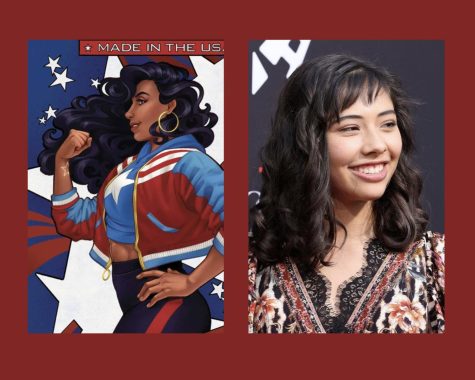
America Chavez is making her MCU debut in MoM. Known for her ability to punch star-shaped portals through universes, America’s both a powerful and popular member of the Young Avengers. She’s also a lesbian, dark-skinned Afro-Latina (specifically half Puerto Rican, just like her fellow hero Miles Morales), making her both the first Latinx and first queer MCU hero. Personally, I adore Xochitl Gomez–she’s both a brilliant actor (The Babysitters Club is embarrassingly addictive) and a radiant person. However, Gomez is a light-skinned Mexican. All Latinx people are not interchangeable, and her casting reeks of colorism. And though she hasn’t publicly stated her sexuality, Gomez is also playing a much younger America. In the comics, America Chavez and Kate Bishop are a popular ship among fans. But in the MCU, America will be significantly younger than the already-introduced Hawkeye. Marvel has a history of bare-minimum LGBTQ+ representation–for example, Loki was confirmed to be genderfluid like in the comics, but this was conveniently ignored in the actual show. It’s all too possible that the only mention of America’s sexuality will be the tiny pride pin on her iconic jacket.
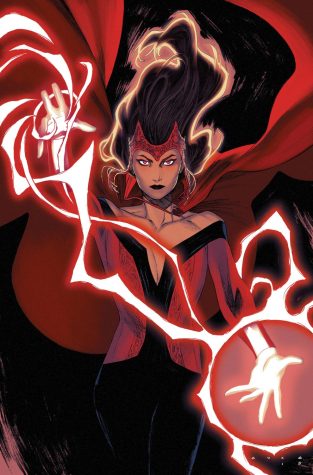
Ironically, Elizabeth Olson will also be a crucial player in MoM. Olson will be reviving her role as Wanda Maximoff, although it’s unknown if she’ll be the hero or villain. I love MCU Wanda dearly (WandaVision is the best Disney+ show by far), but casting Olson has never sat right with me. Although recent comic artists have drawn her paler to match her MCU appearance, Wanda has always been Jewish and Romani in the comics. Her cultural identity is crucial to her character. Romani fans rarely enjoy proper representation in the media, so erasing that aspect of Wanda is both inaccurate to the character and upsetting to fans of color.
Another upcoming teen hero, Kamala Khan, has also had her fair share of controversies. However, it’s not Kamala herself that’s being criticized–fans generally support Iman Vellani in her breakout role–but nearly all of the supporting cast. Kamala’s best friend, Nakia, is a Turkish hijabi. But in Miss Marvel, Nakia will be played by a half-white Christian actress. Kamala’s mother, who’s very important to her civilian identity, is played by a non-Muslim Indian. Miss Marvel has personal significance to me–our near-identical backstories make her the first character in who I ever saw myself in. I know it sounds corny, but that representation makes her one of the absolute most influential and beloved characters I’ve ever connected to. Despite #FixMsMarvel trending on social media, the MCU hasn’t recast or even acknowledged any of their mistakes. Clearly, this isn’t a first. Marvel just doesn’t care about their women of color.
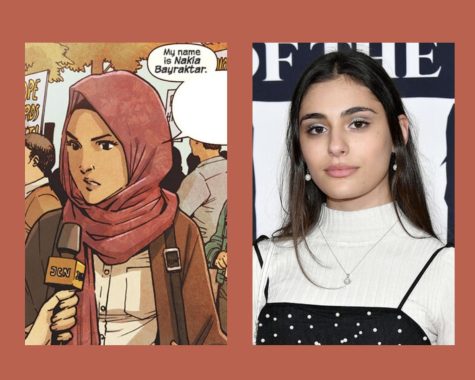
Yes, there are powerful women of color in the MCU, but that isn’t enough, not when they’ve developed this bad habit of erasing pre-established identities. We could have had so much more. In the way Kamala Khan is important to me, America Chavez is to others. In the way Romani Scarlet Witch fans mourn their loss of representation, queer Latinx fans will feel the same way for Miss America. If you aren’t one of the previously mentioned minorities, these may seem like unnecessary, nitpicky issues. But they aren’t your issue to comment on. Although some misogynistic fanboys will hate the characters no matter what, those that care about entertaining, impactful storytelling deserve strong women of color as successful superheroes too. The MCU needs to step it up and listen to fans’ voices; these movies need heroes to develop, redefine, and go beyond their comic-book counterparts. We don’t need whitewashed, “marketable” women as cheap imitations on the screen in their place.
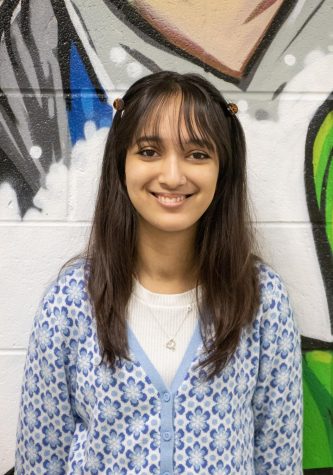
Daneen is a senior writing for her fourth year on The Gators Eye. When she’s not in class, she’s binging old Disney movies, reading comic books, or...



